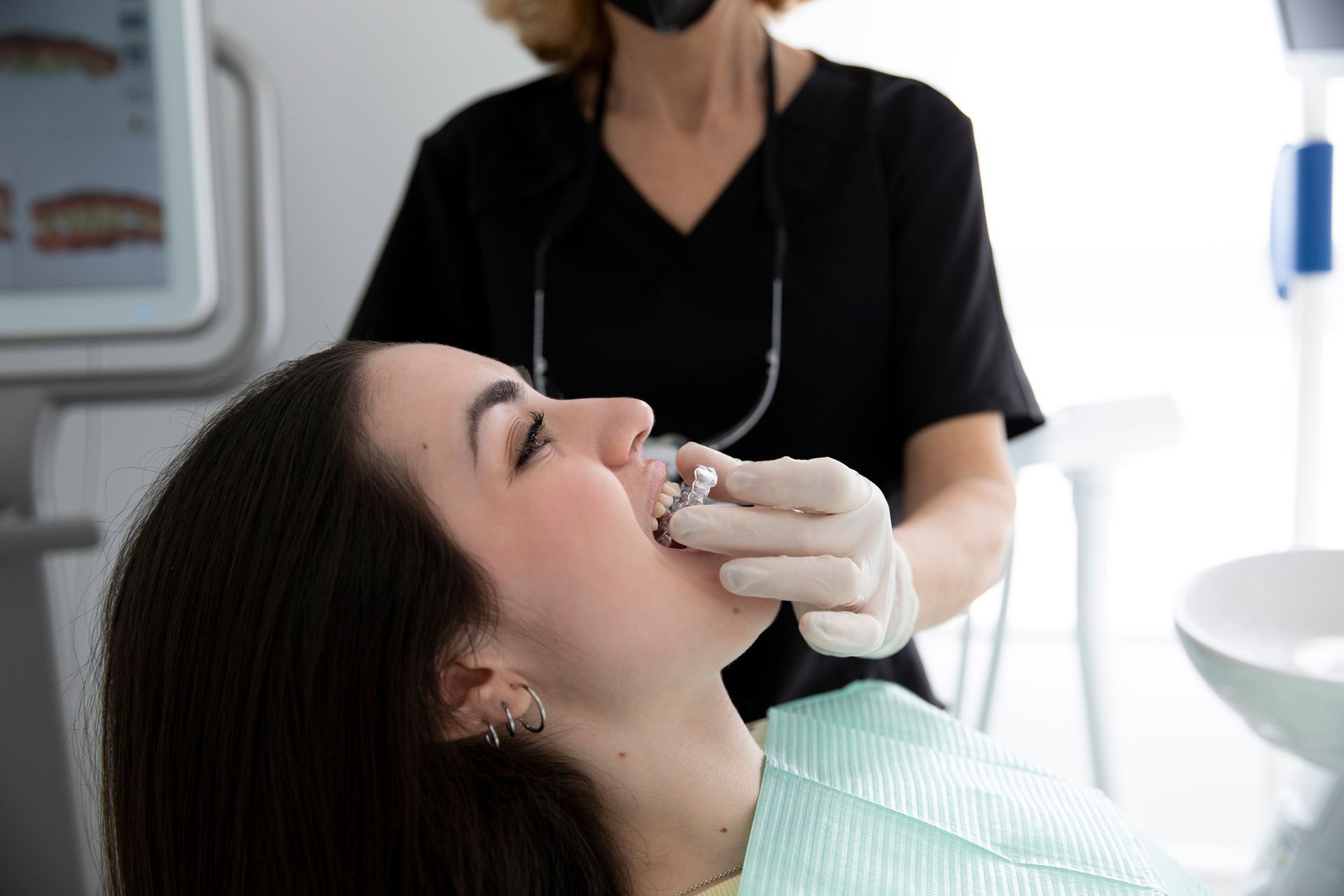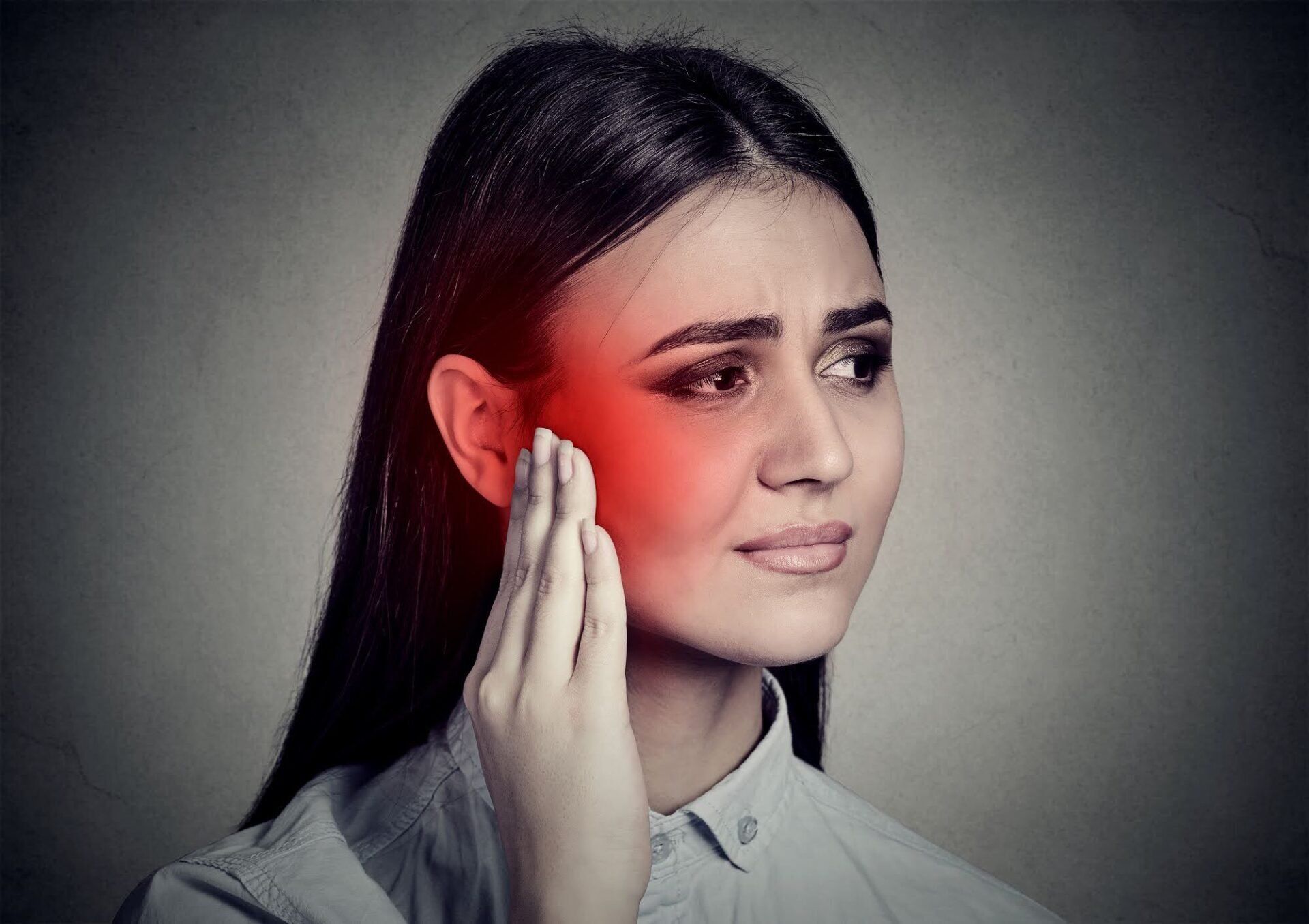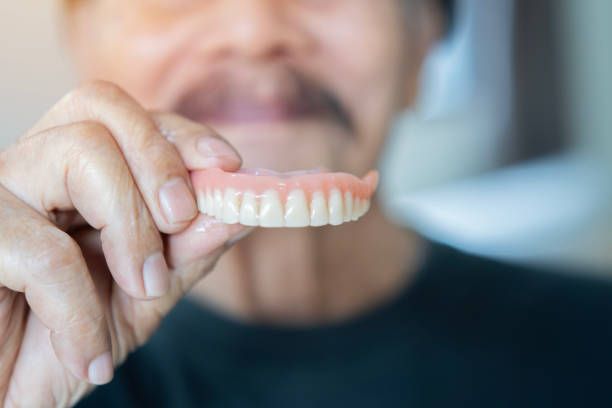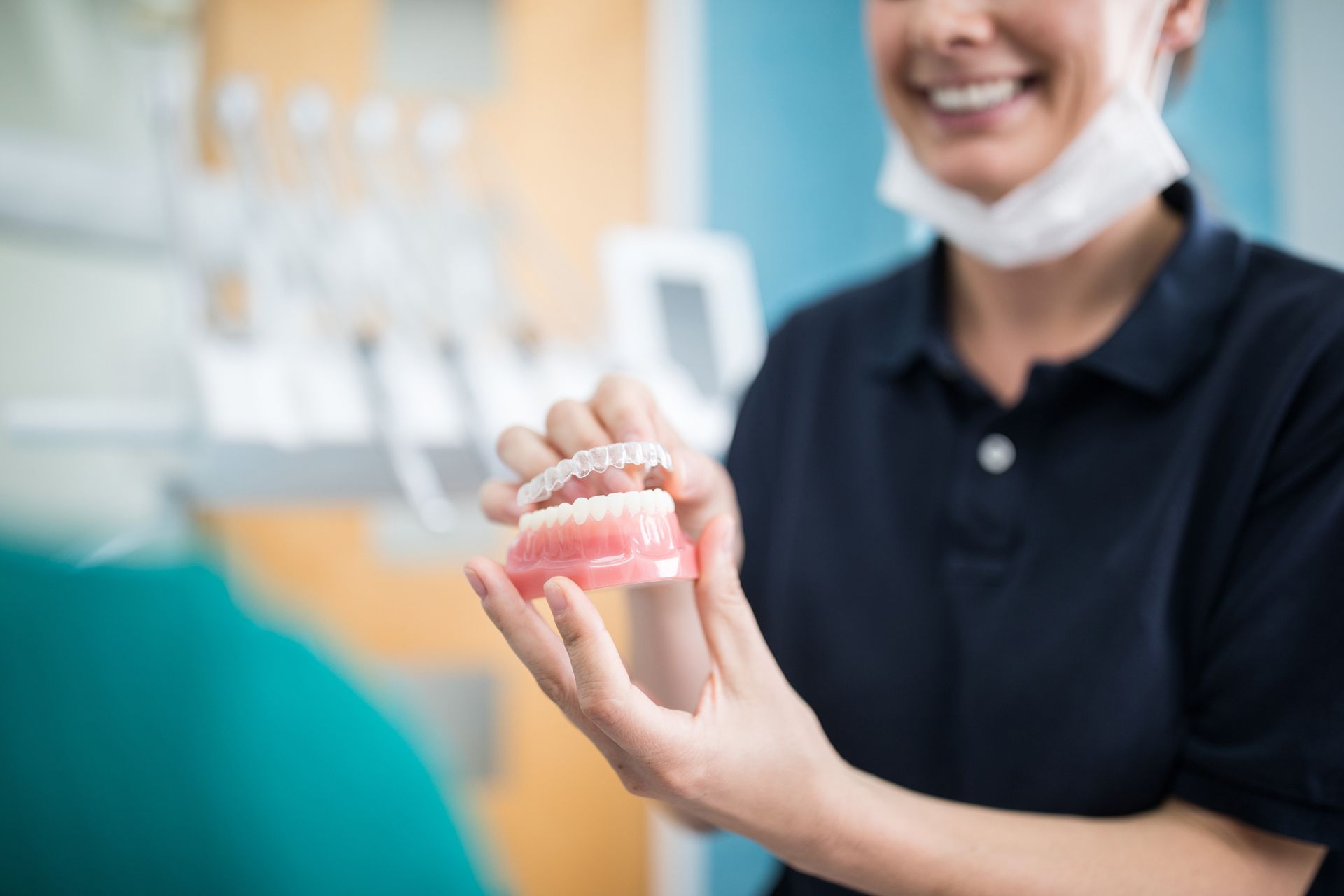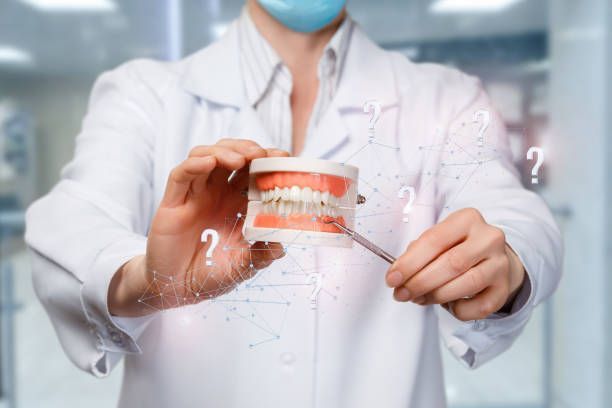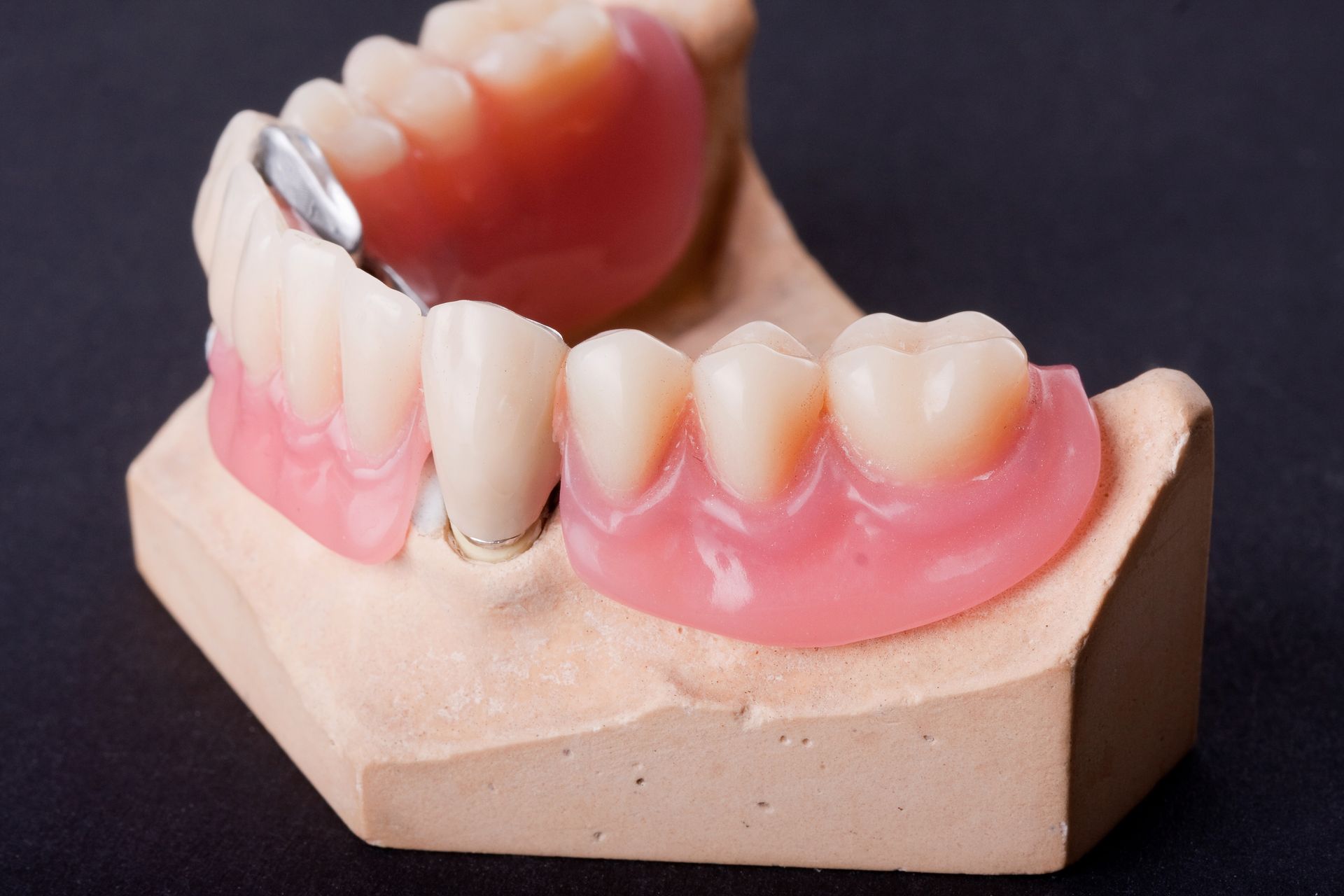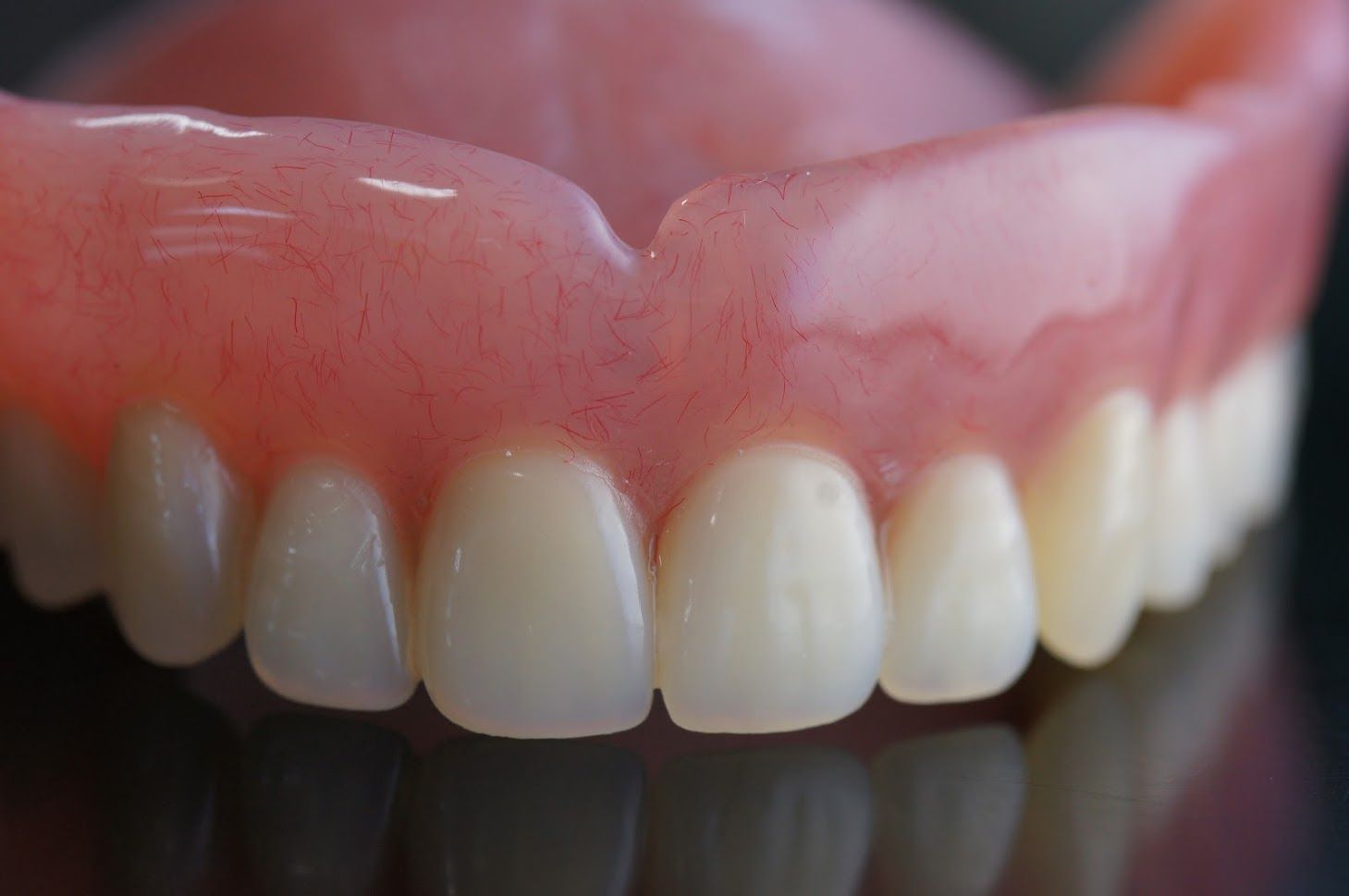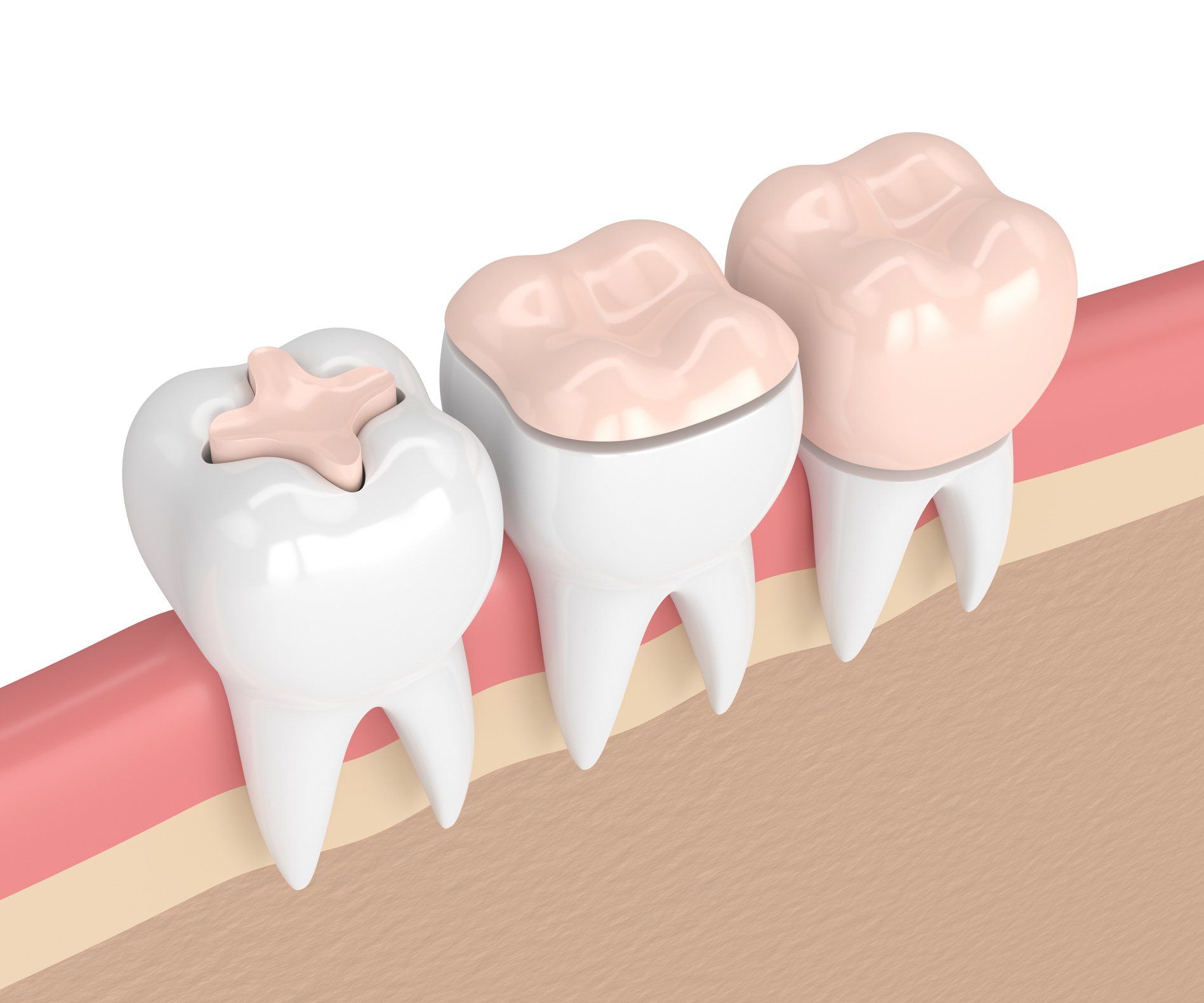Do’s And Don'ts of Dental Crown Aftercare
A dental crown is a tooth-shaped cap made to fit your natural teeth. A dental crown restoration is a safe treatment that can strengthen, cover, and reinforce damaged, discolored, or decayed teeth.
Dentists can fit a crown made from various materials, including metal, porcelain, ceramic, or composite resin. The dental crown can last up to fifteen years with proper care. Despite being minimally invasive, the restoration procedure still needs some time to heal. Fortunately, the recovery period is relatively short as you mainly deal with inflammation and irritation.
While the restored teeth and gums heal, patients should pay attention to proper post-operative dental care. Here are five aftercare do’s and don'ts for a dental crown procedure.
1. Do Wear a Bite Guard
If you grind teeth at night or play any sport, it's usually wise to have a bite guard on. The pressure from grinding or clenching your teeth could loosen or break a dental crown.
A custom-fitted bite or mouth guard will protect your teeth and the crown from accidental damage.
2. Do Maintain Proper Oral Hygiene
Although you may have a new crown installed, your teeth underneath still need protection from decay or gum disease. Luckily, dental crowns don't require any special care. The standard natural teeth care is enough; brush and floss daily to prevent bacteria and germ build-up.
When cleaning your newly fitted crown, ensure you clean around the area where your gums meet the dental crown. Use a soft bristle brush and fluoride toothpaste when brushing your teeth. When flossing, slide the floss sideways instead of pulling it up to prevent dislodging the crown.
3. Schedule Regular Dentist Appointments
You should have regular dentist visits whether or not you have a dental crown procedure. Visit your dentist every six months for your routine checkup. Your dentist will check for complications such as allergic reactions or a chipped crown.
Your dentist will conduct an oral exam to ensure your crown isn't dislodged and readjust it if necessary. If you take good care of your teeth, you may not require any treatment during your visits.
4. Don't Use Your Teeth as Tools
You should stop if you habitually use your teeth as tools or chew fingernails or pens. You shouldn't use your teeth as tools as it may reduce the overall life of a dental crown or damage your natural teeth underneath.
5. Don't Eat Hard or Sticky Foods
Chewy and sticky foods tend to pull out the crown and make it loose over time.
When recovering from a dental crown treatment, you should avoid gum, candy, caramel, and similar foods. Sticky foods get between the fitting and the natural tooth and cause a lot of problems early after the procedure. The foods also contain high sugar content that leads to tooth decay.
Hard foods can also damage your crown. Similar to how natural enamel cracks under pressure, hard foods like nuts, popcorn, and pretzels can also crack a crown. Therefore, you may have to avoid hard foods after dental crown treatment.
In summary, dental crowns can strengthen your teeth and restore your confidence, but they need to be looked after. Though durable, crowns are still susceptible to damage, just like your natural teeth.
You should perform proper aftercare after restoration to keep the crown strong and ensure a beautiful and lasting smile. A dental crown allows you to eat and drink as you normally would. Sensitivity to hot and cold foods is normal and should subside within a few weeks after the procedure.
If you think a dental crown will suit your needs, contact us today to make an appointment.

